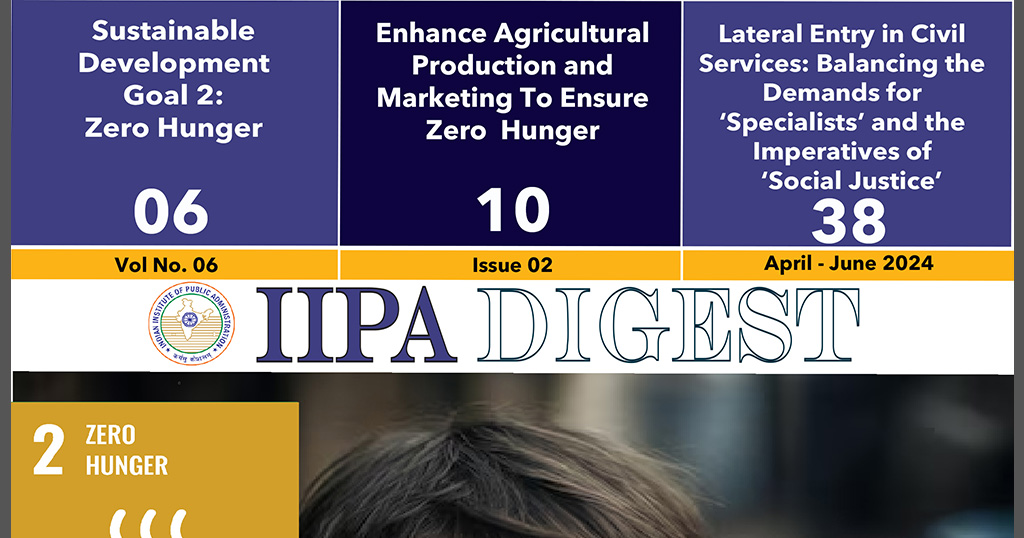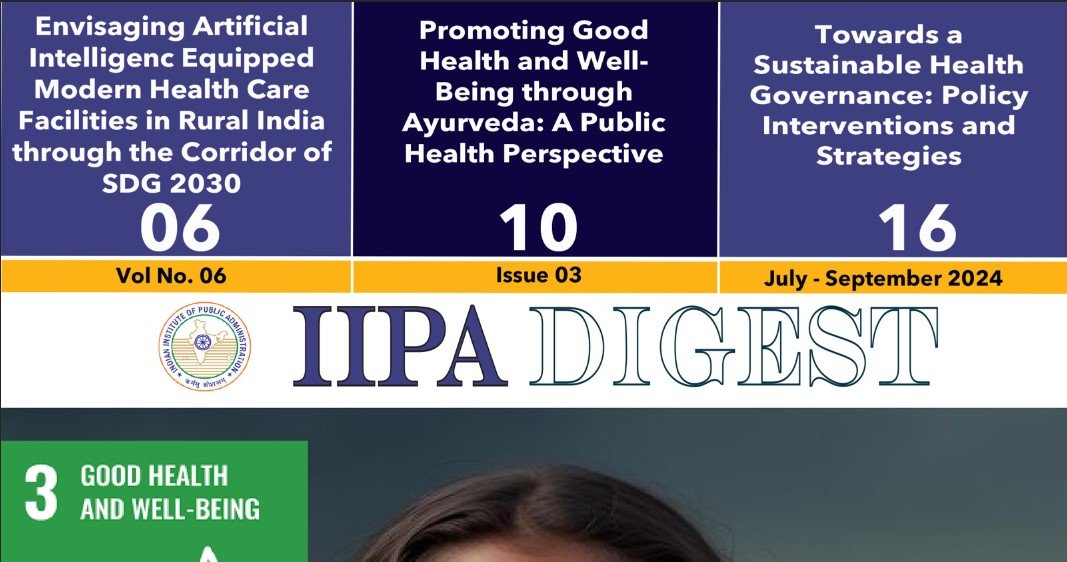The Department of Telecommunications (DoT), Government of India has issued an alert regarding increased fraudulent mobile communications to undertake cyber crimes and financial frauds. These fraudulent communications fall into several categories: KYC-related frauds (where scammers provide fake updates related to bank accounts, electricity, gas, and insurance policies); Impersonation (where they pretend to be government officials or relatives); Fake Customer Care (involves fraudulent phone helplines for customer service); Online Scams (including fake job offers, lotteries, gifts, and loans); Sextortion (where extortion occurs through threatening messages); Automated Communications (such as robocalls and messages); and Malicious Links (which contain harmful links or websites).
The Department has implemented various measures to handle these reported cyber-crimes, particularly where fraudulent SIM cards and lost or stolen mobile phones have been reported.
In the former type of cybercrime, criminals use SIM cards issued under someone else’s identity. While the standard limit is nine SIM cards per individual, there have been instances where large numbers of SIM cards, sometimes running in hundreds are issued under a single ID. In response to citizen complaints and through its advanced AI analytics, the DoT promptly blocks such fraudulent numbers within two hours using the ‘Chakshu’ option on the Sanchar Saathi portal (sancharsaathi.gov.in.). It is commendable to note that DoT not only relies on complaints reported by the citizens but also regularly employs extensive Artificial Intelligence-based (AI)- analytics and image processing of the e-KYC photographs of the applicants, to proactively identify fraudulent numbers. This is done by its special wing called the “AI & DIU (Artificial Intelligence and Data Intelligence Unit)” of the Department of Telecom (DoT), Government of India.
Another glaring issue is addressing non-KYC-compliant SIMs. Again based on users’ complaints and by employing AI, the DoT identifies and blocks non-KYC compliant SIMs used for multiple crimes. They also coordinate with the Ministry of Home Affairs (MHA), Government of India (GoI) and State agencies to trace and block these SIMs and handsets.
According to undisclosed government sources, the Department of Telecommunications (DoT) has undertaken targeted action on mobile numbers and handsets used by cyber criminals in the top 15 hotspots/Districts of the country including Rajasthan, Bihar, Jharkhand, Haryana, Delhi and Uttar Pradesh.
Based on all these coordinated efforts, the following commendable statistics have been achieved:
• 1.6 million mobile numbers blocked by DoT till now, out of which 41.15 lakh mobile connections were disconnected based on user complaints on “Chakshu”. Orders have been issued for the re-verification of 3,03,425 mobile numbers.
• Orders were also issued for blocking 8,185 mobile handsets ( IMEIs), across India on an immediate basis.
• As confirmed by government resources, DoT has blacklisted 52 principal entities involved in sending malicious and phishing SMSs and 700 SMS content templates have been deactivated.
• Further, 7 Principal Entities including CAMS and Bank Bazaar accepted their mistake and removed 700 SMS templates.
Apart from these cybercrimes, WhatsApp fraudulent calls are also being made from several international numbers.
DoT has therefore also issued an advisory about WhatsApp calls from foreign-origin mobile numbers (like +92) impersonating government officials and duping the people. Earlier similar cyber scams were reported from numbers originating with foreign mobile numbers (+254), (+84), (+63), +1(218).
As per government resources, as of 30.4.2024, 577 WhatsApp accounts linked to Pakistan-based mobile numbers (+92-xxxxxxxxxx), operating from the geographical territory of Pakistan, and misused for carrying out cyber-crimes/ financial frauds against Indian citizens, through impersonation of Government officials, have been blocked by DoT in collaboration with WhatsApp. To safeguard hapless citizens from such cybercrimes, international collaborations have also been explored by DoT through its ‘International Relationships/ties with several countries. DoT diligently works with all its global counterparts to identify and catch such international fraudsters.
As per trusted insiders of India, The Indian government is actively exploring international collaborations to create a global blocking list that can be synchronized with mobile handsets worldwide. This approach would enable the automatic blocking of unwanted content by updating the list just once.
DoT also launched its digital Intelligence Platform (https://diu.sancharsaathi.gov.in) for information sharing with Law Enforcement Agencies (LEAs), Banks, Payment wallets, social media platforms, UIDAI, IRCTC and all other stakeholders. 448 Banks, MHA, UIDAI, IRCTC, DMRC as well as 4 social media platforms have been on board on it till 30.4.2024. As per the latest confirmed reports, to help travellers, Central Equipment Identity Register (CEIR) is being linked with Railway Police also.
The DoT’s measures, including AI and international cooperation, are essential in combating cybercrimes and protecting mobile users.
Become “Eyes” of the Government to Make India CyberSafe: Citizen engagement and reporting play a vital role. The Sanchar Saathi Portal (sancharsaathi.gov.in) allows users to report such fraudulent communications, disconnect unauthorized connections, trace stolen/lost phones, and verify mobile device genuineness.
In particular, ‘Chakshu’ module of this portal, was launched on March 4, 2024, which focuses on registering reports on unsolicited communications/cybercrimes. As per official statistics, 23,062 complaints were received at Chakshu facility till 30.04.2024.
In conclusion, reporting any suspicious mobile-related incidents using the ‘Chakshu’ option of sanchar saathi portal is crucial. However, all cybercrime cases users must be reported at cybercrime.gov.in.; all financial frauds are also to be reported to the cybercrime helpline 1930 and all e-commerce-related frauds at “1915.”


